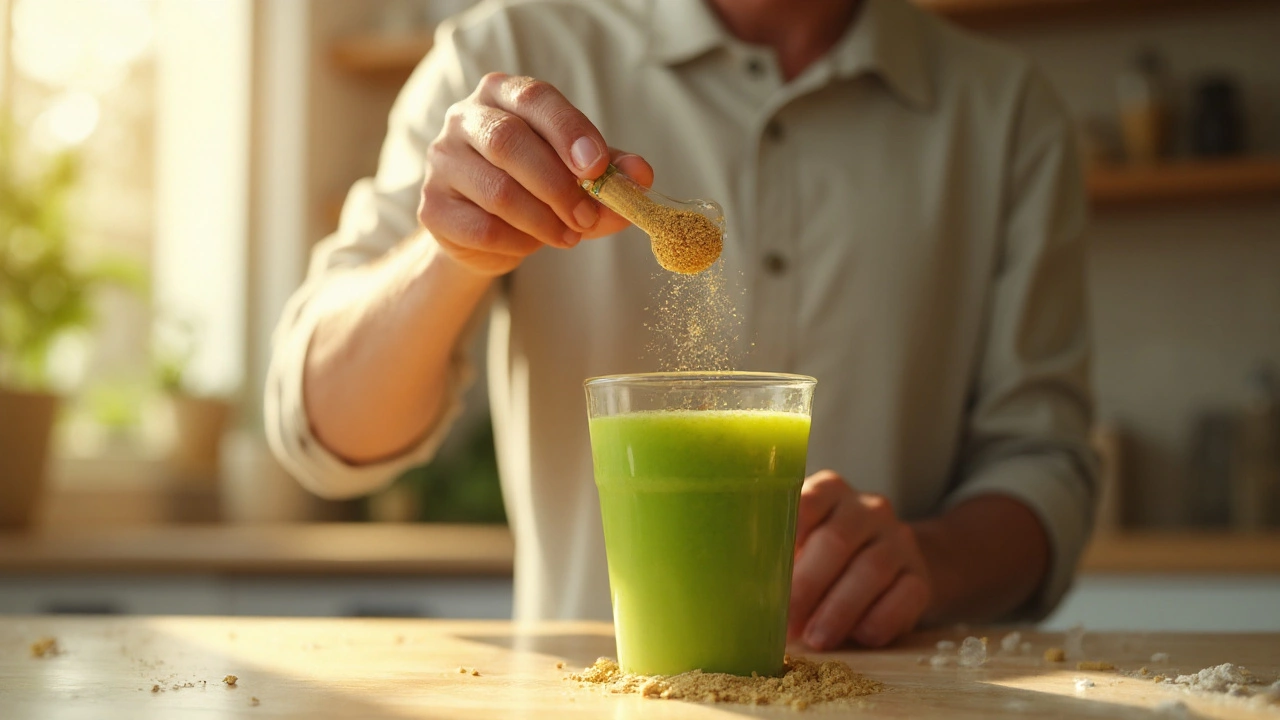Antioxidants are molecules that stop harmful chemicals called free radicals from damaging your cells. When free radicals build up, they cause oxidative stress, which can speed up aging and increase disease risk. Adding more antioxidants to your diet is an easy way to keep that stress in check.
Most people can get plenty of antioxidants just by eating the right foods. You don’t need a complicated plan—think colorful plates and simple swaps. Below are the food groups that pack the most antioxidant power.
Berries are a superstar. Blueberries, strawberries, and raspberries contain anthocyanins, a type of antioxidant that supports brain health. One cup of blueberries gives you roughly 9,000 ORAC units, a common measure of antioxidant capacity.
Leafy greens like kale, spinach, and broccoli are loaded with vitamins C and E, plus flavonoids that combat inflammation. Toss a handful into a salad or steam them as a side dish for a quick boost.
Nuts and seeds – especially almonds, walnuts, and sunflower seeds – provide vitamin E and selenium. A small handful (about ¼ cup) can keep your heart and skin happy.
Spices such as turmeric, ginger, and cinnamon aren’t just flavor enhancers; they bring curcumin, gingerol, and cinnamaldehyde, all strong antioxidants. Sprinkle them on eggs, soups, or smoothies for extra protection.
Don’t forget beans and legumes. Black beans, lentils, and chickpeas contain polyphenols that help lower blood pressure and improve gut health. Mix them into chili or a veggie bowl for a filling meal.
Supplements can fill gaps, but they’re not a substitute for whole foods. Look for products that list the exact amount of active ingredients, such as “500 mg of vitamin C” or “100 mg of green tea extract (EGCG).” Avoid blends that hide doses behind vague terms like “proprietary blend.”
Check for third‑party testing. Certifications from NSF, USP, or ConsumerLab show the label matches what’s inside the bottle. This reduces the risk of contaminants or empty pills.
Start low and see how you feel. Some people experience stomach upset with high doses of vitamin C or iron. If you notice any side effects, cut the dose in half or stop and talk to a pharmacist.
Be cautious with mega‑doses. While antioxidants are good, too much can act as a pro‑oxidant and actually increase oxidative stress. Most experts recommend staying within the daily values on the Nutrition Facts label unless a doctor advises otherwise.
Finally, remember that lifestyle matters too. Regular exercise, adequate sleep, and stress management all boost your body’s natural antioxidant defenses. Pair a balanced diet with these habits for the best results.
In short, you don’t need a fancy regimen to enjoy antioxidant benefits. Fill your plate with colorful fruits, veg, nuts, and spices, and choose supplements only when needed and verified. Your cells will thank you, and you’ll feel more energetic and resilient every day.

Explore how vanadium supplements can improve insulin sensitivity, balance blood sugar, support heart health, and act as an antioxidant. Learn safe dosages, potential side effects, and how it compares to other trace minerals.
Sep 22 2025
Menu